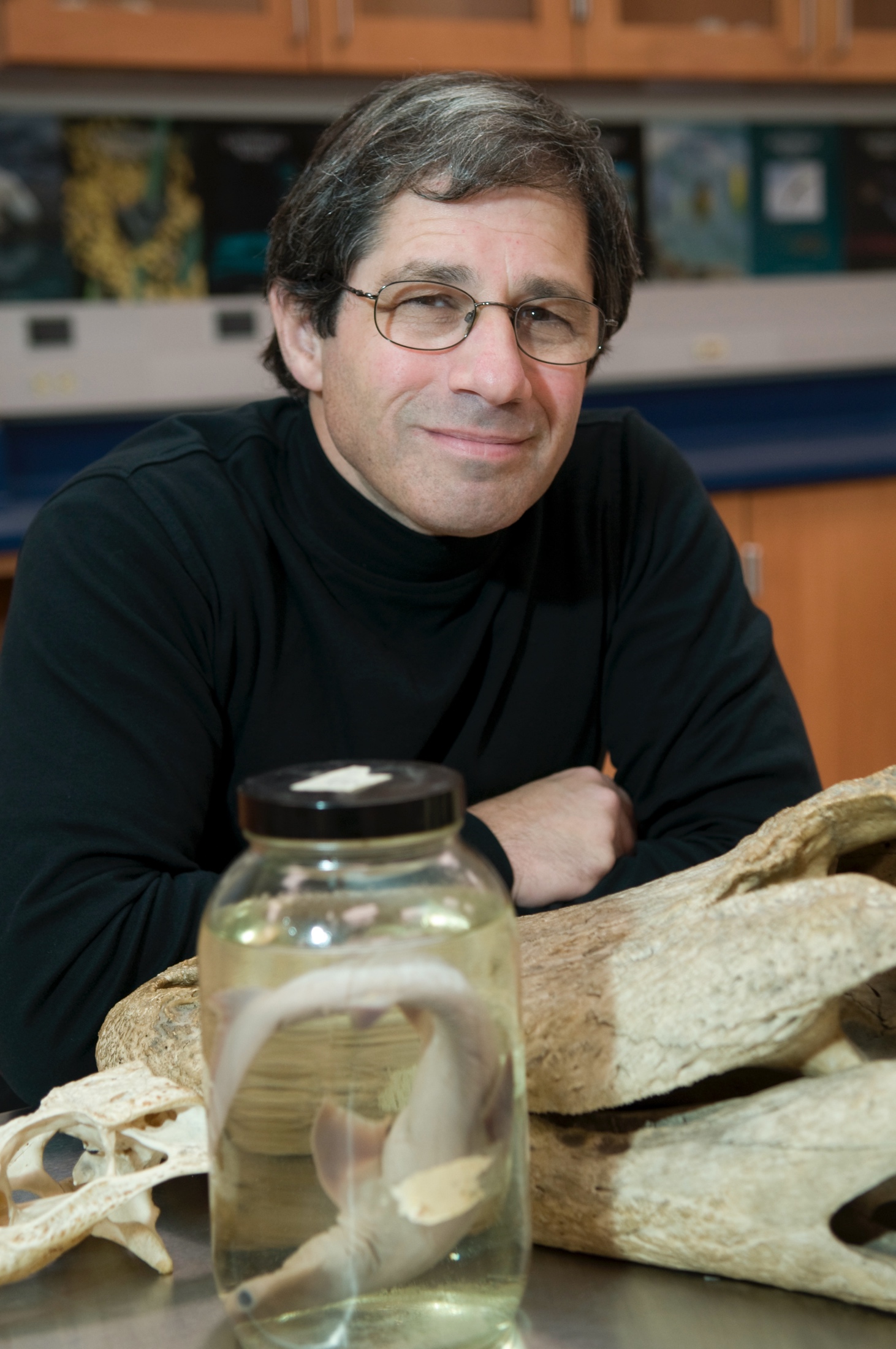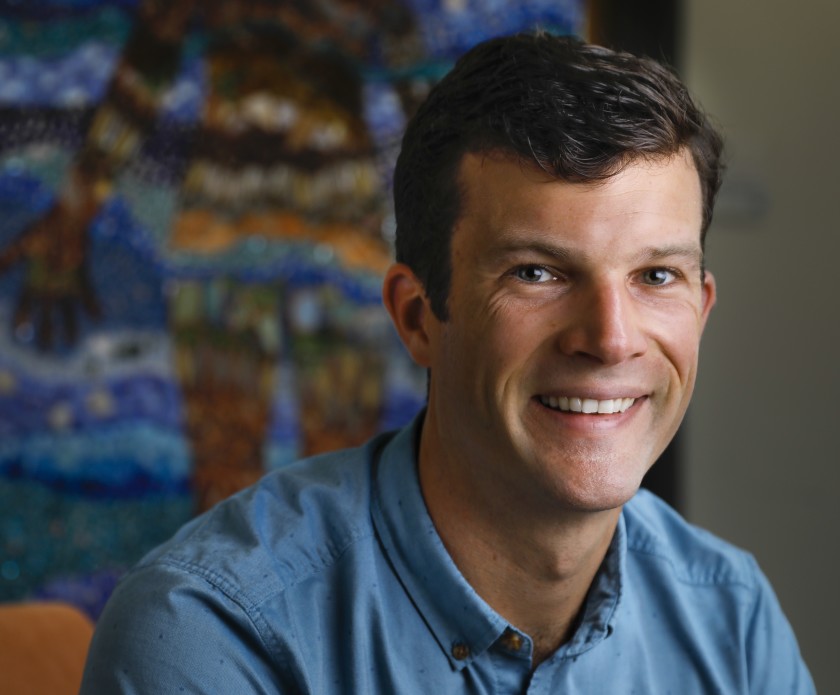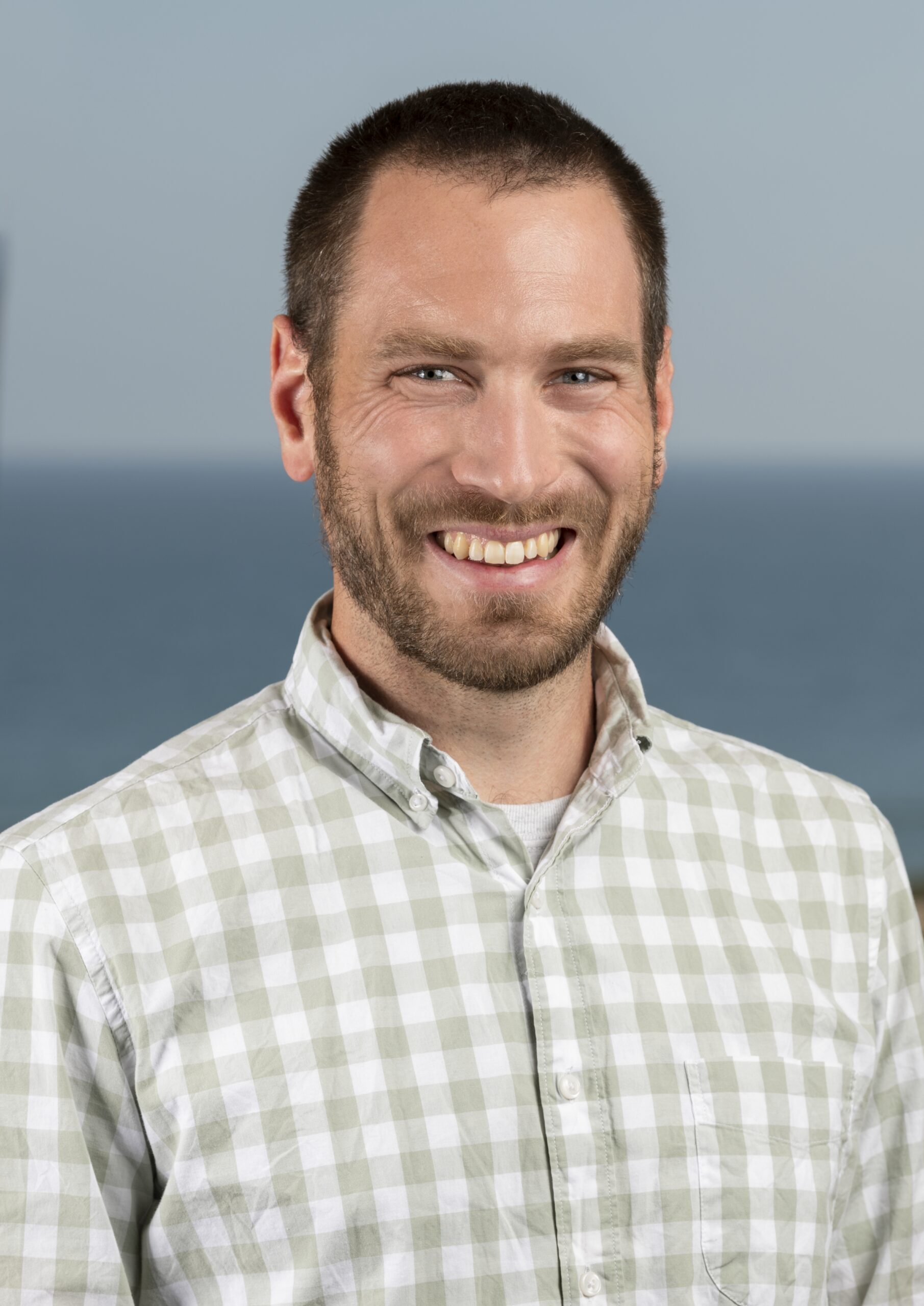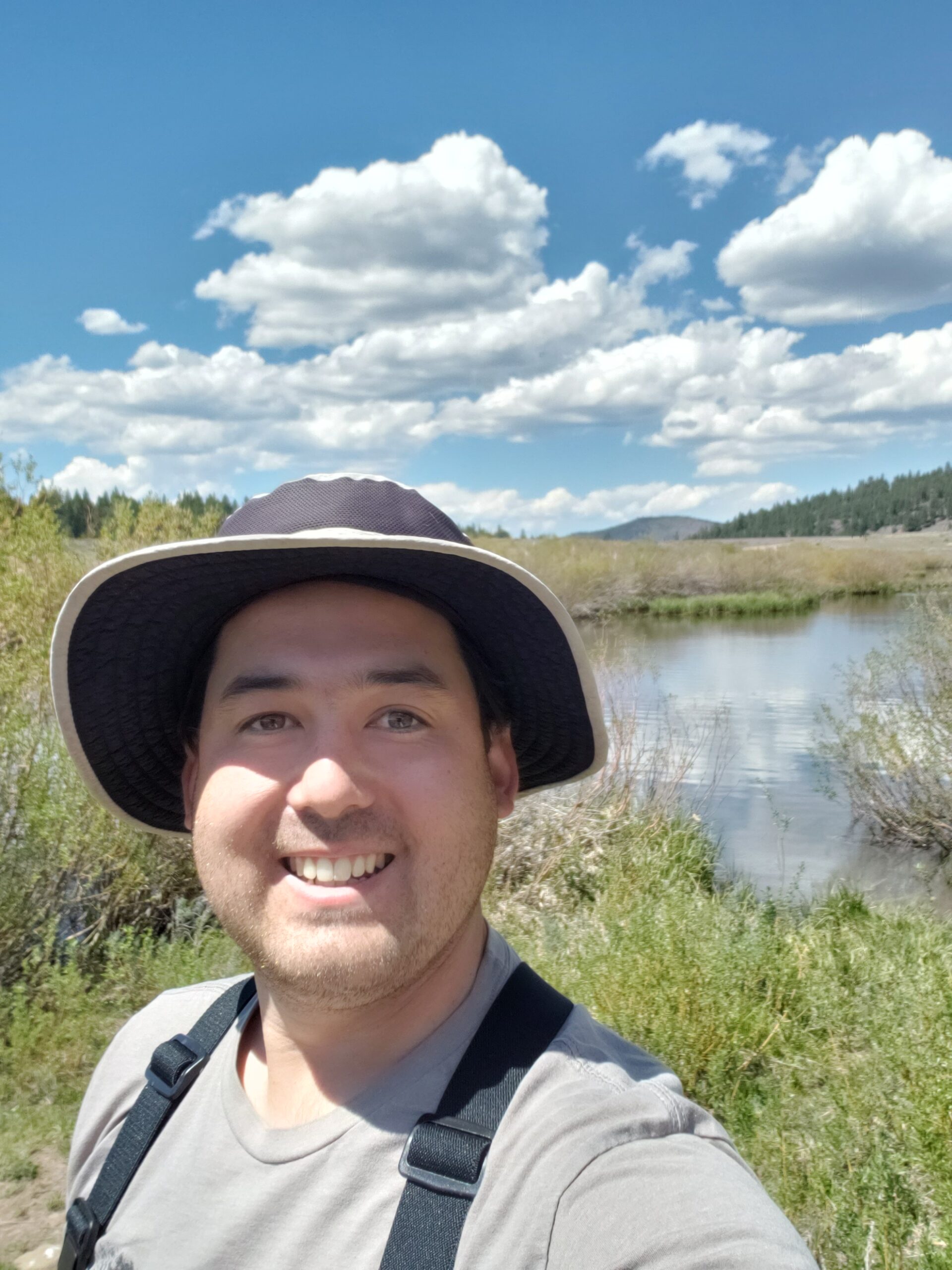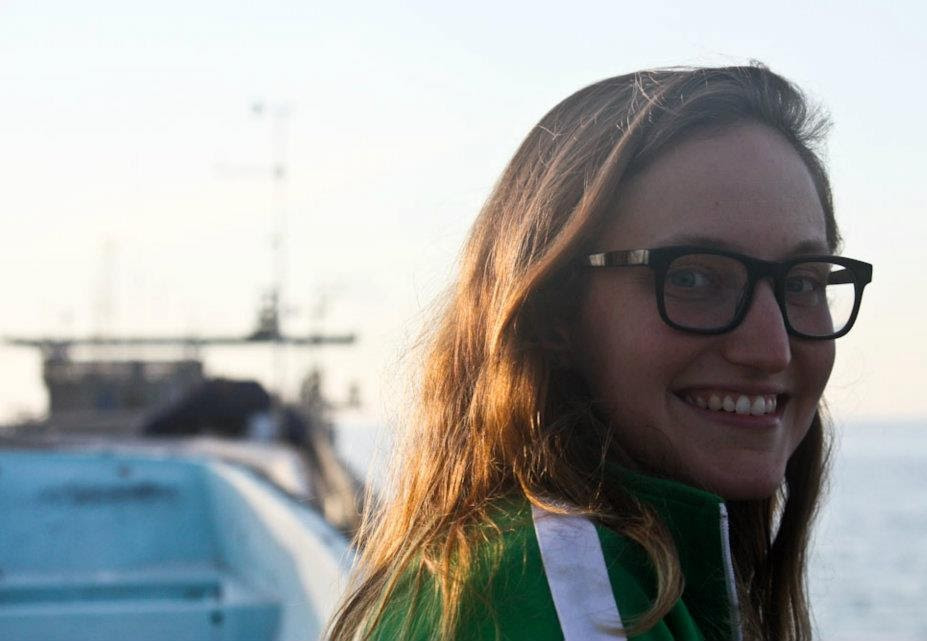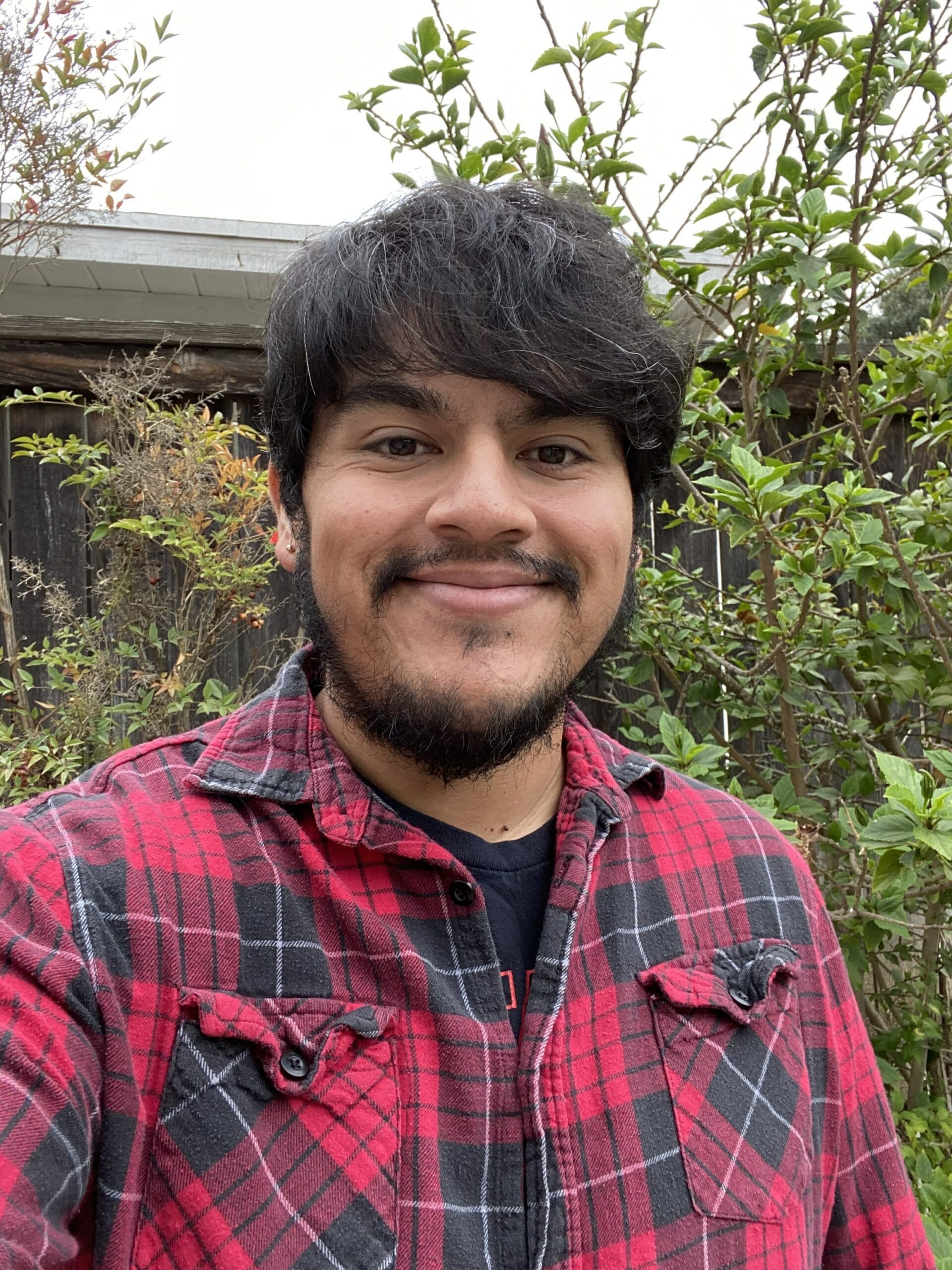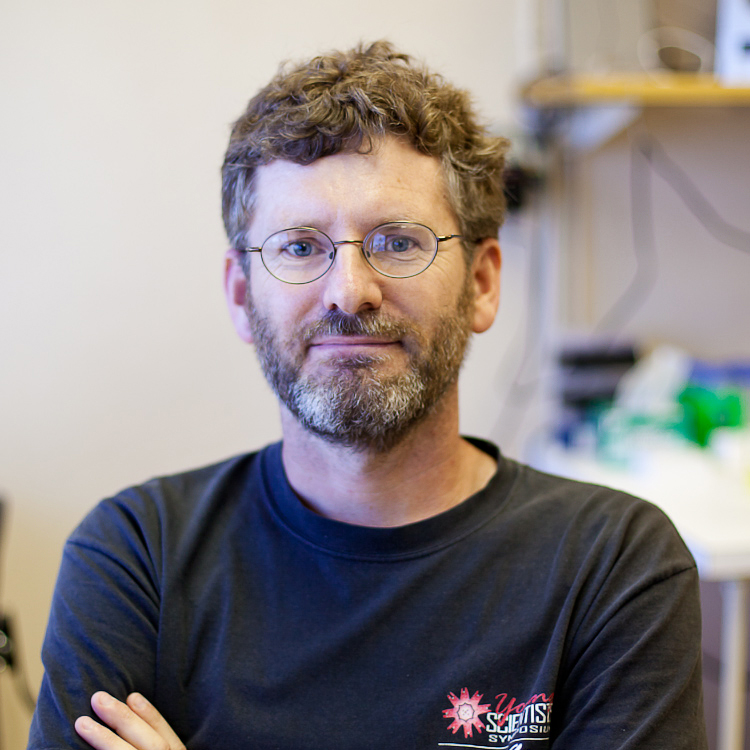Dr. Dave Ebert, Pacific Shark Research Center/Moss Landing Marine Laboratories
Hosted by the Ichthyology Lab
Presenting: "Jaws, Lost Sharks, and the Legacy of Peter Benchley"
MLML Virtual Seminar | September 29th, 2022 at 4pm
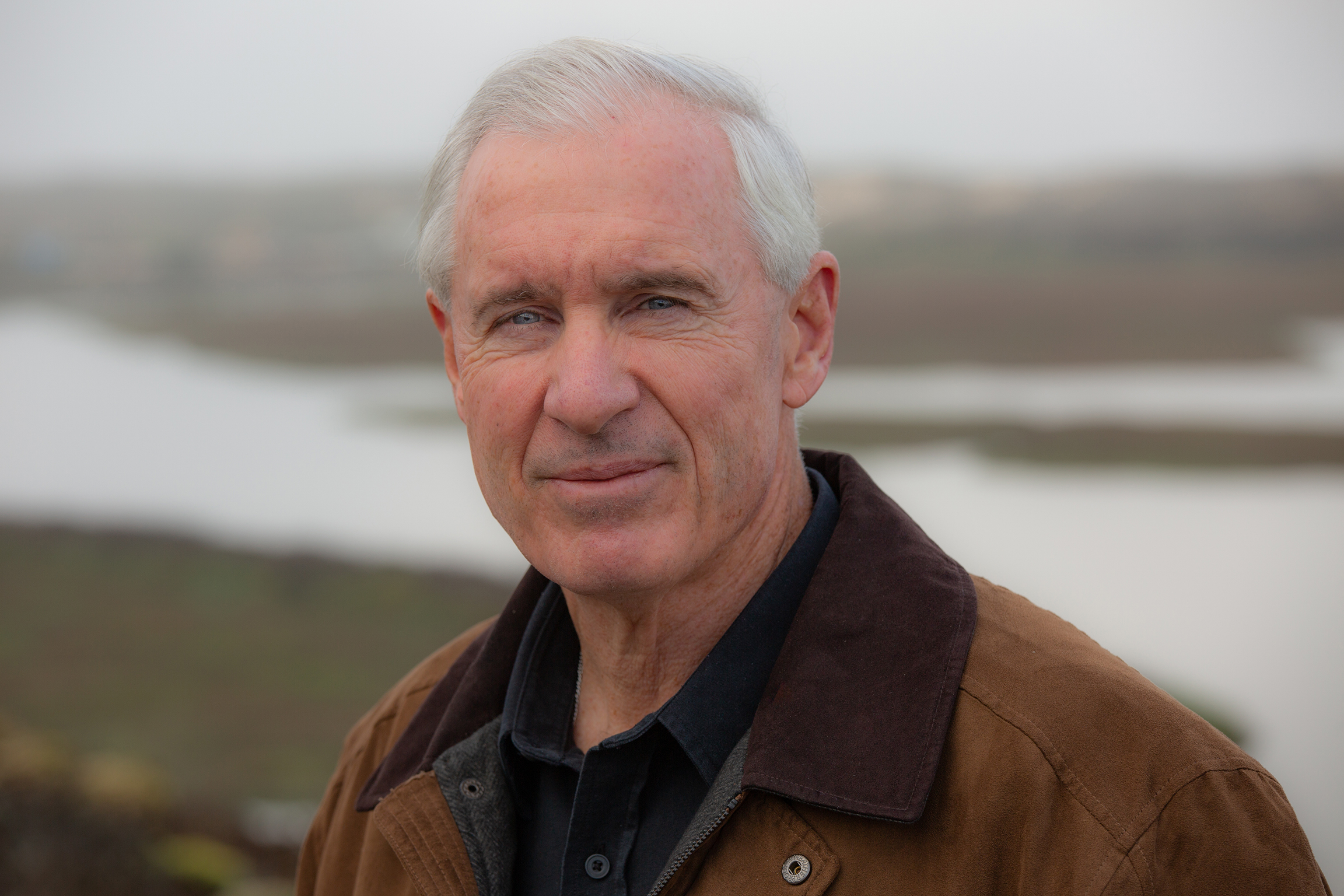
Dr. Dave Ebert, Director of the Pacific Shark Research Center, has devoted his life to studying the ocean’s most elusive, dangerous and yet fascinating predator - the shark! Author of 35 books, including the popular “Sharks of the World”, and over 700 publications, Dave holds numerous positions including past President of the American Elasmobranch Society, Scientific Advisor to the United Nations Food and Agriculture Organization, Research Associate at the California Academy of Sciences and South African Institute for Aquatic Biodiversity, and the IUCN Shark Specialist Group. A popular television guest, Dave has appeared on various programs for the BBC, Discovery Channel, National Geographic, ABC’s Good Morning America, NBC’s Today Show and NBC News. As a regular on Shark Week, Dave has lead expeditions in search of the rarest, most elusive sharks in the world. He has even discovered new shark species while filming on location. Dave is co-host of the popular podcast Beyond Jaws, where he shares stories from his latest explorations and interviews leaders in the field.


